EDITORIAL
Published on 25 Nov 2022
Editorial: Animal welfare, Volume I: Animal welfare in aquaculture - Physiological basis and recent findings
doi 10.3389/fphys.2022.1097913
- 1,264 views
- 1 citation
8,602
Total downloads
39k
Total views and downloads
Select the journal/section where you want your idea to be submitted:
EDITORIAL
Published on 25 Nov 2022
ORIGINAL RESEARCH
Published on 20 Sep 2022
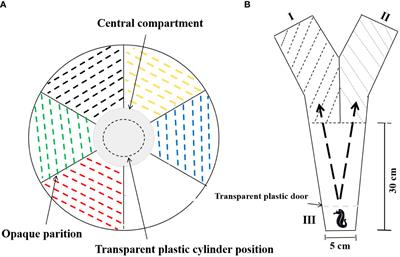
ORIGINAL RESEARCH
Published on 14 Jun 2022
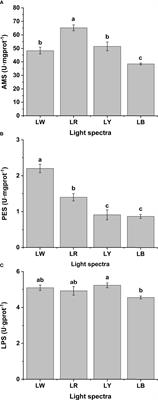
ORIGINAL RESEARCH
Published on 13 May 2022
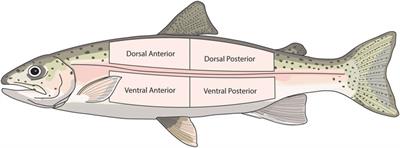
ORIGINAL RESEARCH
Published on 28 Apr 2022
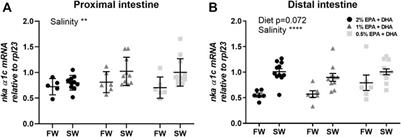
ORIGINAL RESEARCH
Published on 20 Apr 2022
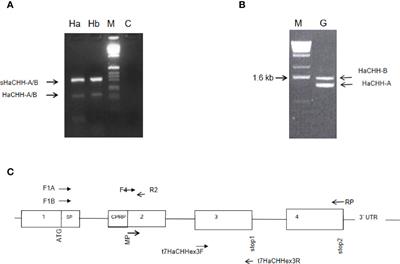
ORIGINAL RESEARCH
Published on 18 Mar 2022
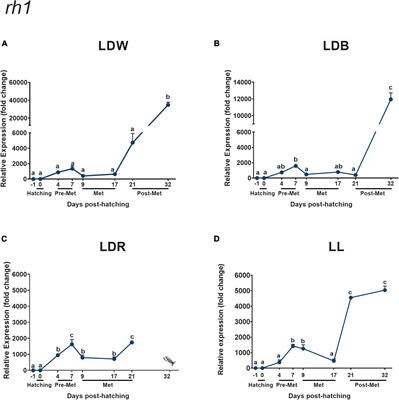
BRIEF RESEARCH REPORT
Published on 08 Mar 2022
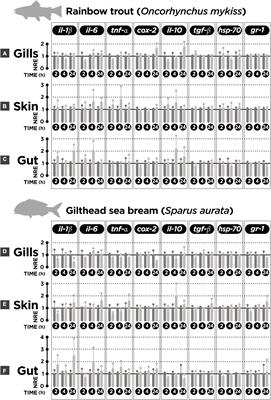
REVIEW
Published on 07 Mar 2022
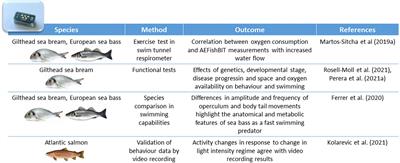
ORIGINAL RESEARCH
Published on 02 Mar 2022
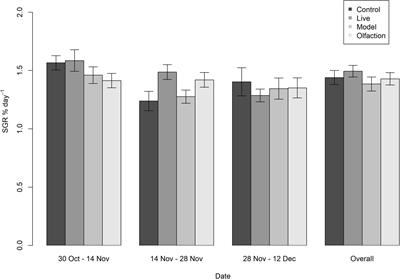
ORIGINAL RESEARCH
Published on 09 Feb 2022
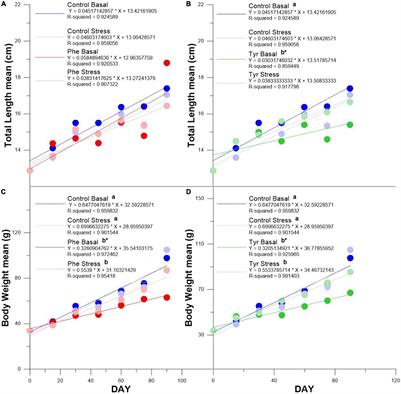
ORIGINAL RESEARCH
Published on 27 Jan 2022


Frontiers in Marine Science